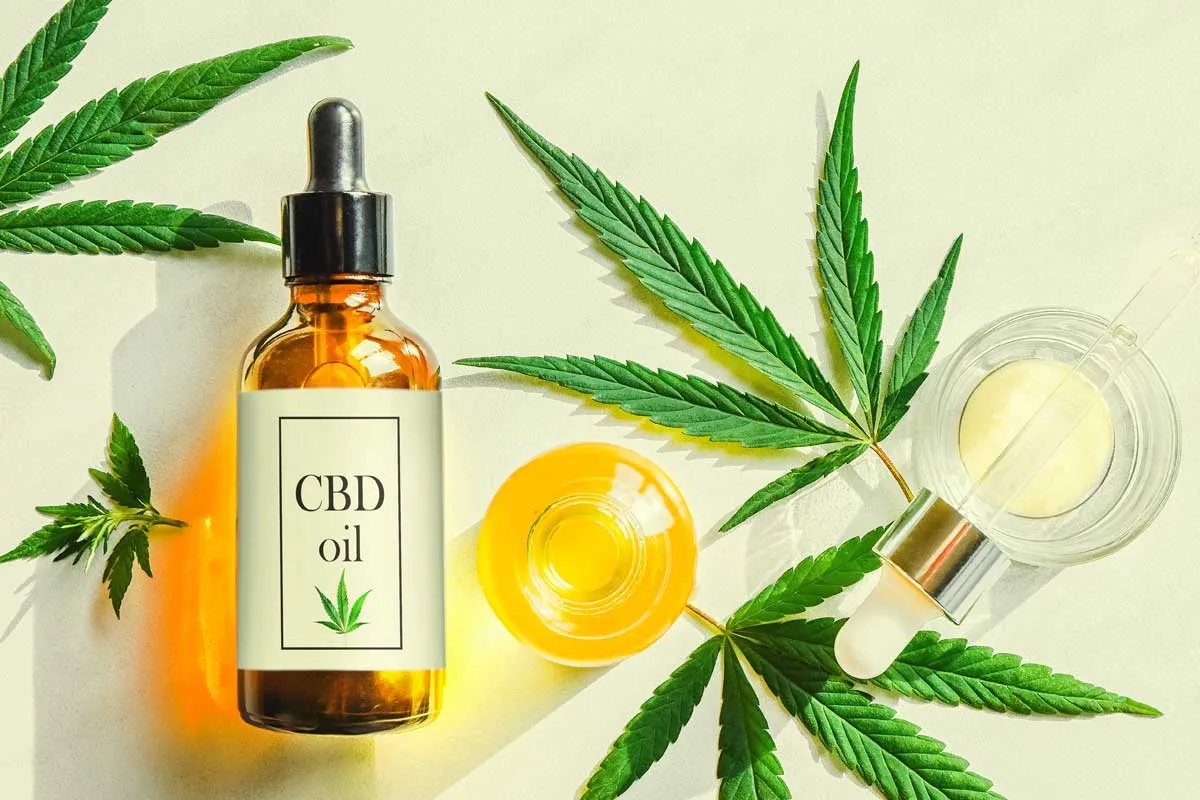CBD, Ketamine, Magic Mushrooms
The Entourage Effect: Why THC Works Differently with CBD and Other Cannabinoids
Cannabis is more than just a single compound—it’s a symphony of cannabinoids, terpenes, and flavonoids working together to shape the overall experience. While THC (tetrahydrocannabinol) is often recognized as the main psychoactive component of cannabis, it does not act in isolation. Instead, its effects can be enhanced, moderated, or reshaped when combined with CBD (cannabidiol) and other cannabinoids.
This dynamic interaction is known as the entourage effect—a phenomenon where the whole plant extract produces stronger or more balanced results than any single cannabinoid on its own.
What Is the Entourage Effect?
The entourage effect was first proposed by scientists who noticed that cannabis compounds interact synergistically rather than working independently. In simple terms, this means:
- THC + CBD + Terpenes = A more nuanced and effective response.
- Isolated THC or CBD may have benefits, but the full-spectrum extract can offer more balanced results.
This interaction explains why some people feel calmer, more focused, or less anxious when using full-spectrum cannabis compared to products containing only THC.
How THC Works Alone
When consumed alone, THC binds strongly to CB1 receptors in the brain, producing the well-known high. This interaction affects:
- Perception (altered sense of time, heightened sensory awareness).
- Mood (euphoria, laughter, or in some cases anxiety).
- Cognition (enhanced creativity but sometimes short-term memory issues).
While powerful, isolated THC can also trigger side effects like paranoia, anxiety, or overstimulation in some users.
The Role of CBD in Balancing THC
One of the most important interactions in cannabis is between THC and CBD. Unlike THC, CBD does not strongly bind to CB1 receptors. Instead, it modifies how THC interacts with them.
Key Benefits of THC + CBD Together:
- Reduced Anxiety → CBD helps buffer THC’s overstimulation, creating a calmer high.
- Less Paranoia → CBD can counteract the racing thoughts sometimes caused by THC.
- Improved Pain Relief → Together, they offer more powerful analgesic effects.
- Better Tolerance → CBD can extend the therapeutic window of THC, making it more effective at lower doses.
This is why many people prefer balanced strains or full-spectrum extracts, where THC and CBD coexist in natural proportions.
Other Cannabinoids That Influence THC
While CBD gets the most attention, other cannabinoids also play a critical role in shaping THC’s effects:
1. CBG (Cannabigerol)
Known as the “mother cannabinoid,” CBG may enhance focus and reduce inflammation. When paired with THC, it may sharpen mental clarity without dulling the high.
2. CBC (Cannabichromene)
Believed to boost mood and provide anti-inflammatory effects, CBC may synergize with THC to enhance emotional balance.
3. CBN (Cannabinol)
CBN is mildly psychoactive and often associated with sedation. Combined with THC, it can amplify relaxation and sleep-promoting effects.
These interactions highlight why cannabis is often more therapeutic when used as a whole-plant medicine rather than in isolated forms.
Terpenes: The Unsung Heroes of the Entourage Effect
Beyond cannabinoids, terpenes—the aromatic compounds found in cannabis—also contribute to the entourage effect. Some of the most important include:
- Myrcene → Promotes sedation and body relaxation when combined with THC.
- Limonene → Uplifts mood, reducing the anxiety that THC can sometimes cause.
- Pinene → Enhances alertness and memory, balancing THC’s tendency to impair short-term recall.
Together, terpenes and cannabinoids create a more layered, personalized experience that goes beyond just “getting high.”
Medical Implications of the Entourage Effect
The entourage effect has major implications for cannabis-based medicine. Isolated THC medications, such as dronabinol (Marinol), often produce strong side effects without the same therapeutic balance that full-spectrum cannabis provides.
Conditions That May Benefit from the Entourage Effect:
- Chronic Pain → THC and CBD together provide better relief than THC alone.
- Anxiety Disorders → CBD helps counter THC-induced stress responses.
- Epilepsy → CBD-rich formulas with trace THC have been effective in seizure management.
- Sleep Disorders → THC combined with CBN and myrcene may improve rest quality.
This synergy makes cannabis therapy more adaptable and effective across different health needs.
Full-Spectrum vs. Isolate: Which Is Better?
- THC or CBD Isolate → Offers precise dosing, but may lack the full range of therapeutic effects.
- Broad-Spectrum Extracts → Contain multiple cannabinoids and terpenes, often providing a more balanced experience.
- Full-Spectrum Cannabis → Delivers the richest entourage effect, preserving the plant’s natural complexity.
Most experts agree that full-spectrum formulations are more effective for both recreational and medicinal purposes.
Conclusion: A Symphony, Not a Solo
The entourage effect proves that cannabis is not just about THC. While THC may be the lead performer, its true potential is revealed when accompanied by CBD, other cannabinoids, and terpenes. Together, they create a synergistic experience that enhances benefits, reduces side effects, and makes cannabis more versatile as both a recreational and medicinal tool.
As cannabis research evolves, the entourage effect will continue to shape how we understand, cultivate, and use this plant—reminding us that nature often works best when its elements act in harmony.

